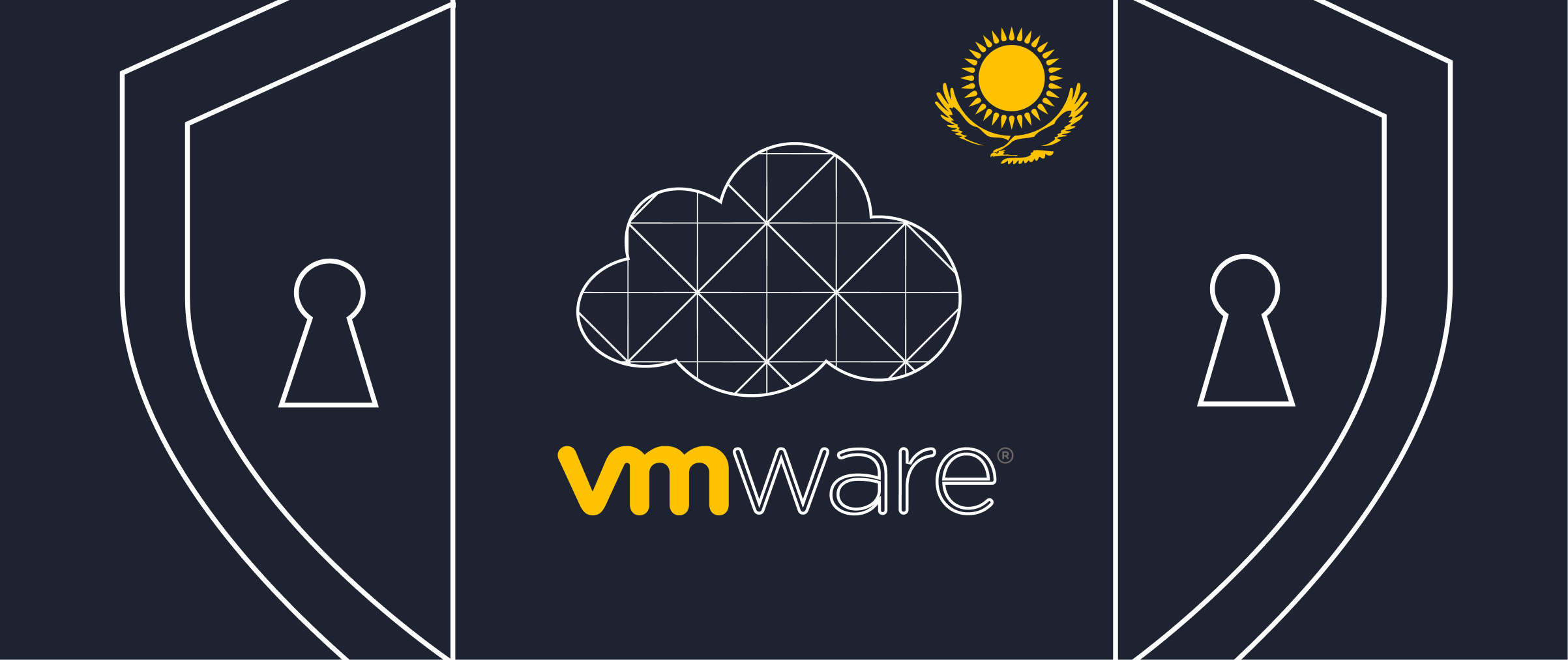What is a content delivery network?
Introduction
A Content Delivery Network (CDN) is a key component in modern web infrastructure, designed to enhance web performance by reducing latency and ensuring efficient global distribution of content. By leveraging edge servers and optimizing bandwidth, CDNs play a crucial role in delivering content quickly and securely to users around the world.
How do content delivery networks work?
Content Delivery Networks operate by deploying a network of edge servers strategically located across various geographical locations. These servers cache copies of web content, which allows users to access data from a server that is closest to their location. This proximity reduces the time it takes for data to travel, effectively minimizing latency and improving the speed at which content is delivered.
Edge servers are integral to the functionality of a CDN. They store cached versions of web content and serve users based on their geographic proximity. When a user requests content, the CDN directs the request to the nearest edge server, which retrieves and delivers the cached content. This process not only speeds up delivery but also optimizes bandwidth usage by reducing the load on the origin server.
What are the benefits of using a CDN?
Implementing a CDN offers numerous advantages, foremost among them being improved web performance. By caching content at edge servers, CDNs decrease load times, providing users with faster access to data. This speed enhancement is crucial for maintaining user engagement and reducing bounce rates.
CDNs also reduce latency, which refers to the delay before data begins to transfer following a request. By leveraging global distribution networks, CDNs ensure that user requests are handled by the nearest server, substantially cutting down on latency. Additionally, CDNs provide scalability, allowing websites to handle large volumes of traffic efficiently without compromising performance.
How do CDNs enhance web security?
CDNs enhance web security through a range of features designed to protect websites and their data. One of the primary security measures is DDoS protection, which shields websites from distributed denial-of-service attacks by distributing incoming traffic across multiple servers, thus preventing overload.
Moreover, CDNs offer secure token authentication to ensure that only authorized users can access restricted content. Data encryption further safeguards user data by encrypting information in transit, making it difficult for unauthorized parties to intercept and misuse it. These security features collectively contribute to a robust defense against cyber threats.
What factors should be considered when choosing a CDN provider?
When selecting a CDN provider, several factors should be taken into account to ensure optimal performance and cost-effectiveness. Network coverage is crucial; a provider with a global presence can deliver content efficiently to users worldwide. Evaluate the pricing models to understand how costs are structured, ensuring they align with your budget and usage patterns.
Customer support is another important consideration. Reliable support services can provide quick resolutions to potential issues, minimizing downtime. Additionally, assess the integration capabilities of the CDN with your existing infrastructure to ensure seamless deployment and management.
What are some real-world applications of CDNs?
CDNs are widely used across various industries to enhance service delivery and customer experience. In media streaming, CDNs enable smooth, uninterrupted video playback by distributing bandwidth-heavy content efficiently. E-commerce platforms benefit from CDNs by providing faster page load times, which are crucial for customer retention and conversion rates.
In the gaming industry, CDNs reduce latency, ensuring smoother gameplay experiences. Software delivery also relies on CDNs for efficient distribution of updates and downloads to users across different regions. These examples illustrate how CDNs are tailored to meet the demands of different sectors, enhancing performance and reliability.
Conclusion
Content Delivery Networks are essential in optimizing web performance, reducing latency, and enhancing security, making them a vital component of modern web infrastructure. Their ability to distribute content globally and handle high traffic volumes efficiently underscores their importance for businesses. For companies like Falconcloud, leveraging CDN technology can empower them to provide reliable and scalable services to their clients, ensuring a superior user experience.



